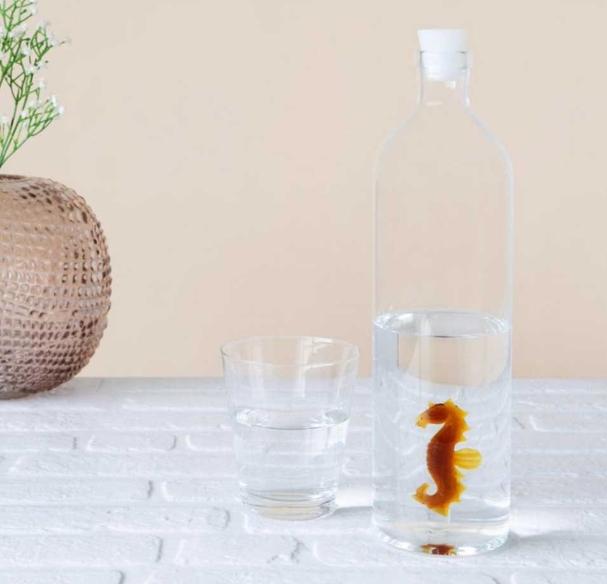Sea water stores “memories” in the form of DNA from fish and invertebrates that have recently passed by. This information, called ecological DNA or eDNA, could be used by scientists to track species in space.
To track “biogeography”, something like how we predict the weather, McGill professor Jennifer Sunday and her colleagues at the Pacific Coastal Observatory eDNA (PECO) are using this new approach.
A network of PECO labs collects bottled seawater from Juneau, Alaska to San Diego, California to find out what fish live, where and how they change over time, with a focus on seagrass habitats in this large coastal region.
With this information, researchers will study the geographic distribution of hundreds of fish and gain a better understanding of how species live together in different environments – as potential consumers, competitors and invasive species – all from water bottles.
“Networks like PECO could mark the beginning of a new frontier in tracking underwater biodiversity. Similar groups are forming around the world,” says Sunday, who is an assistant professor in the Department of Biology.

